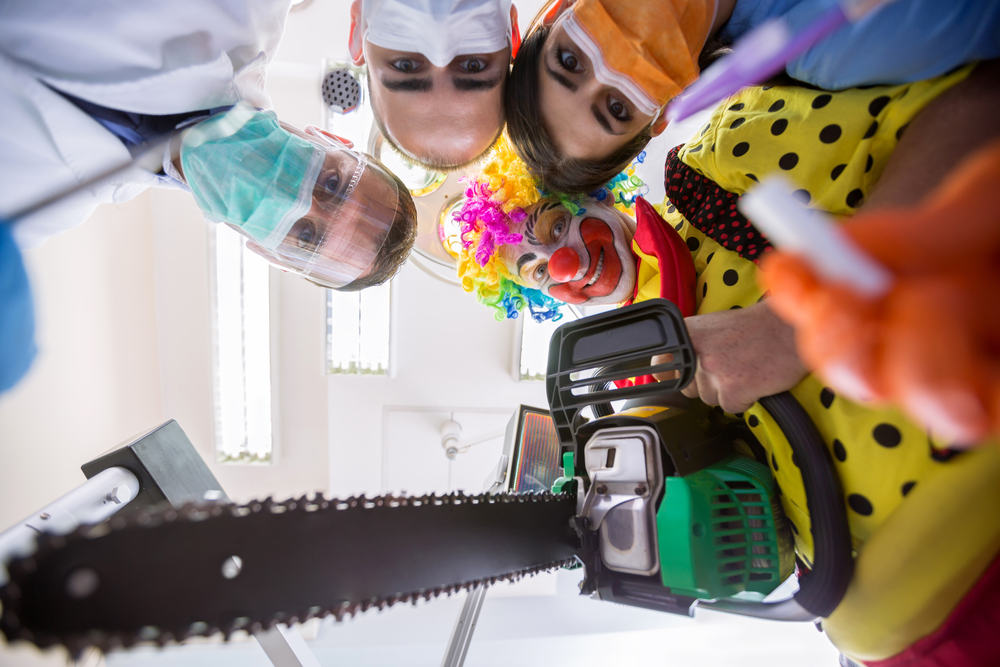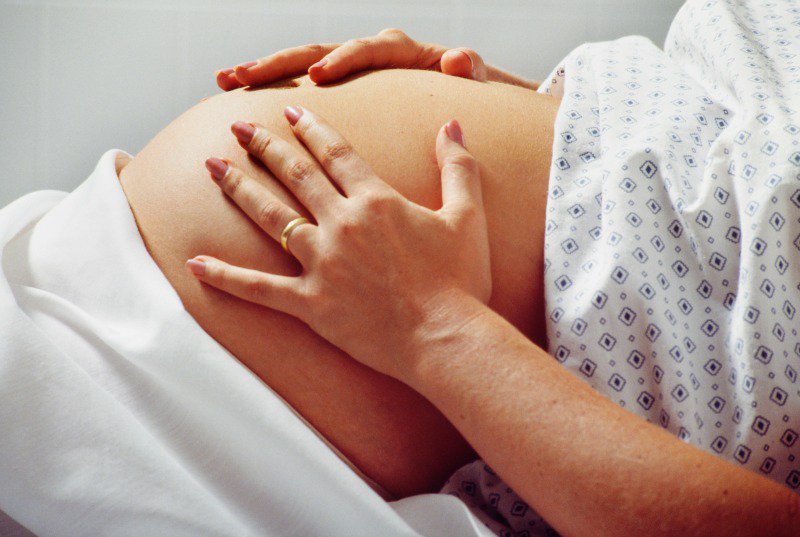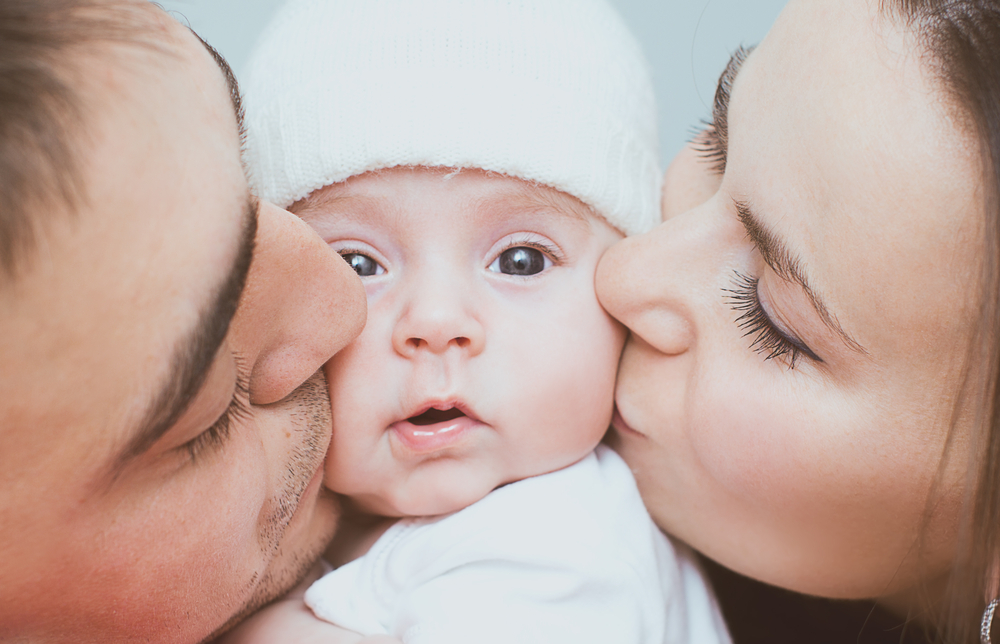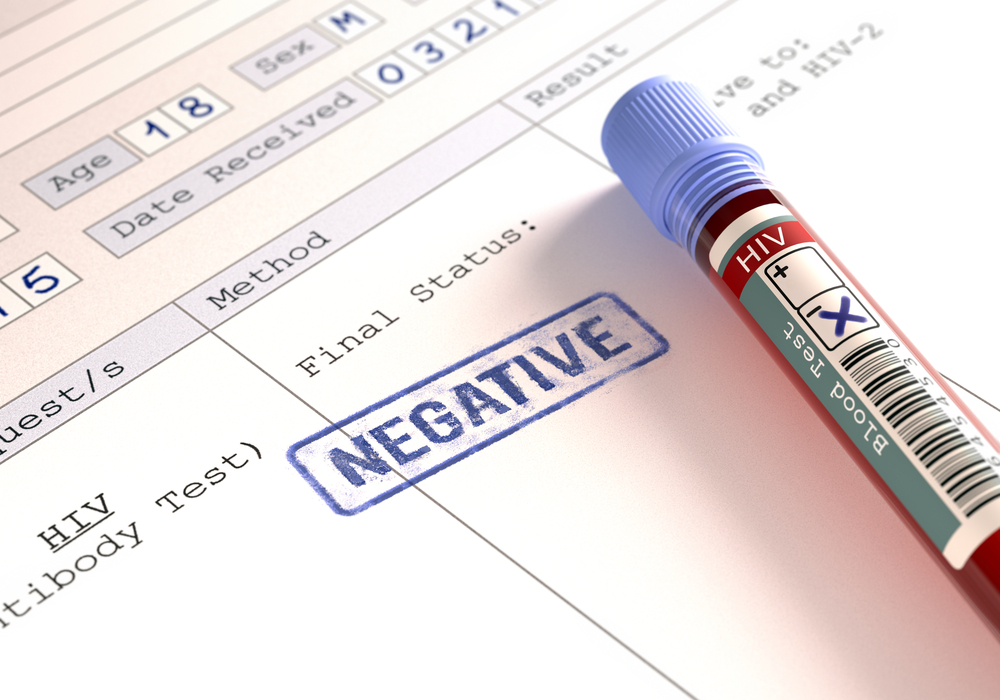Contents:
- Medical Video: The difference between hallucinations and delusions
- What are delusions and hallucinations?
- Causes of delusion
- Causes of hallucinations
- What happens when a person experiences delusions?
- What happens when someone experiences hallucinations?
- Different ways to deal with delusions and hallucinations
Medical Video: The difference between hallucinations and delusions
Both delusions and hallucinations occur when the brain senses or processes something that doesn't really happen. Both are often misinterpreted as the same but both have fundamental differences. One is a serious mental disorder, while the other is a symptom and can be caused by various things.
What are delusions and hallucinations?
Delusion is a type of mental disorder in which the sufferer cannot distinguish reality and imagination, so he believes and behaves according to what he thinks. While hallucinations are symptoms characterized by the presence of sensations that are processed by the brain and can affect one's sensory work.
Based on this understanding, both delusions and hallucinations are conditions where a person experiences things that are not real. Delusion is a mental disorder that causes a person to believe something that is actually not happening while hallucinations are symptoms when a person's senses experience things that are not real.
Causes of delusion
Delusion is a mental illness so there are risk factors that can affect the condition of a person:
- Genetics - as with schizophrenia, delusional disorders are more likely to occur to you if a family member experiences the same thing. This is very likely to be passed from parent to child.
- Biological - delusional disorders are likely to form if parts of the brain for thought processes (frontal lobes) and perceptions (parietal lobes) experience disorders such as brain tumor growth.
- Environmental or psychological - Delusional disorders can also be triggered because of excessive stress risk behaviors such as excessive consumption and abuse of narcotics. Someone who experiences loneliness and isolation because of the disability of the sense of hearing and vision can also experience delusion.
Causes of hallucinations
Symptoms of hallucinations can be triggered by several causes, including:
- Mental disorders - various mental disorders that cause a person to be unable to cause reality and imagination such as delusions can cause hallucinations. Symptoms of hallucinations can also occur in patients with skrzofernia, dementia, and delirium.
- Drug abuse - this is a common cause of hallucinations. Someone can hear or see something that is not real if they are in alcohol control, cocaine and hallucinogenic drugs.
- Lack of sleep - more likely to occur if a person experiences lack of sleep or does not sleep within a few days or a longer time.
- Health condition - There are various health conditions that cause a person to experience hallucinations including:
- Is undergoing treatment
- Terminal stage diseases such as cancer, AIDS, or kidney and liver failure.
- Having Parkinson's
- High fever
- Migraine
- Social isolation, especially in the elderly
- Hearing and visual sensory defects
- Epilepsy
What happens when a person experiences delusions?
In general, people with delusions can work and interact like normal people, but they will show behavioral changes such as anger, offense or sadness if an interaction has intersected something they believe in. What a person experiences when experiencing delusions can vary depending on the type of delusion experienced, including:
- Erotomatic - causes someone to believe if someone falls in love with the sufferer. This belief is also accompanied by obsession and behavior stalking against someone who is in the mind of the delusion.
- Grandiose - This type of delusion is closely related to high self-esteem, causing sufferers to believe that they are important people, have talent, influence, and have made important findings.
- Jealous - the type of delusion that creates confidence if the spouse or partner is unfaithful to him.
- Persecutory - is a delusion that causes sufferers to believe that he or someone around him is being treated unfairly, or feels that if someone is going to do something wrong with him. Critical behavior of excessive law enforcement efforts is also found in sufferers of this type of delusion.
- Somatic - the type of delusion that causes the sufferer to believe if he has a disability or has a medical problem.
- Mixed - is a type of delusion characterized by the presence of two or more symptoms of mixed types of delusion.
What happens when someone experiences hallucinations?
When a person experiences hallucinations he will show changes in emotion or behavior according to the sensation he experiences and this depends on the senses that are affected. Types of hallucinations include:
- Hallucinations visual - the type of hallucination that causes people who experience it to see someone, objects or other objects that are actually not there.
- Hallucinations olfactory - types of hallucinations that affect the sense of smell both in the form of smell and odor that is not pleasant to oneself, an object, or other people.
- Hallucinations gustatory - a type of hallucination that affects the sense of taste so that someone feels a certain taste. This often happens when someone has epilepsy that feels the taste of the iron surface on their tongue.
- Hallucinations auditory - is the most common type where a person can hear sounds such as footsteps, speech or repetitive beats.
- Hallucinations tactile - hallucinations that occur in the sense of touch so that someone feels symptoms such as the presence of insect steps, movement of internal organs or one's hand touching their body.
Different ways to deal with delusions and hallucinations
Delusional disorders are handled by psychotherapy such as psychotherapy, cognitive behavioral therapy, and family therapy. The goal of psychiatric therapy in delusional sufferers is to reduce stress, help patients interact and bring patients closer to their families and people. Drug therapy for delusional patients includes neuroleptic drugs and antipsychotics to suppress the dopamine and serotonin hormones in the brain and antidepressant drugs.
While people who experience hallucinations are treated with drugs that slow the brain's work, but the handling of hallucinations is accompanied by factors that cause it to reduce the severity of hallucinations. Psychiatric counseling is also needed so that someone who experiences hallucinations can better understand the conditions they experience.
READ ALSO:
- Various Diseases That Make You Hallucinate
- Understanding: One Sign of Schizophrenic Mental Disease
- Do You Have Covert Depression? Get to know the symptoms












